Vasopressin
Recent articles
Vasopressin boosts sociability in solitary monkeys
Inhaling the hormone did not increase aggression in unsociable rhesus macaques and appears to help the animals remember faces and reciprocate friendly behaviors.
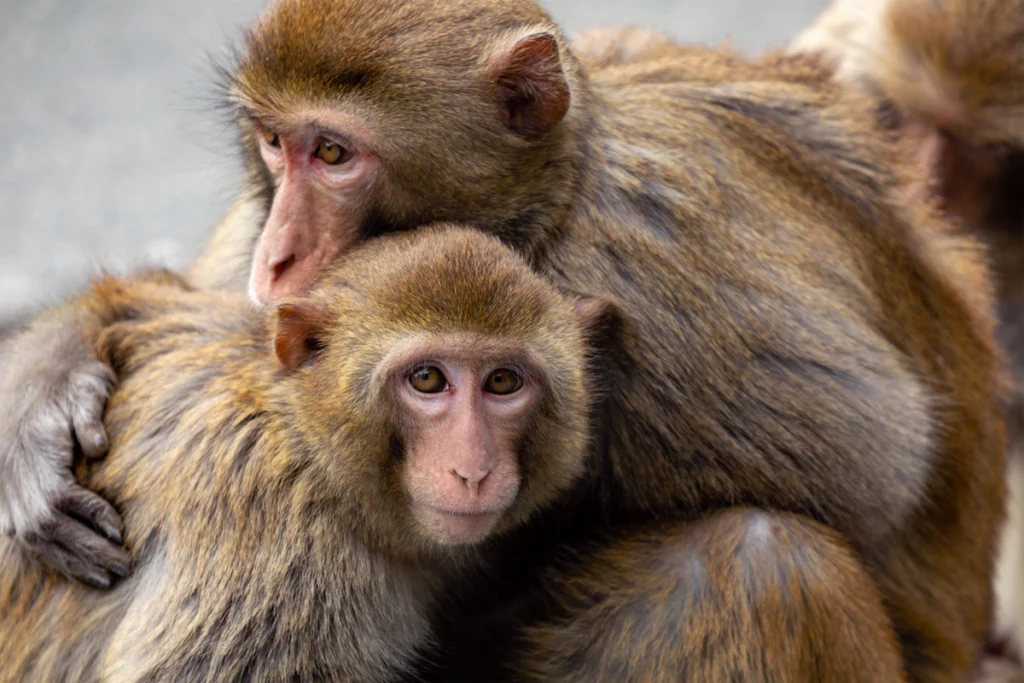
Vasopressin boosts sociability in solitary monkeys
Inhaling the hormone did not increase aggression in unsociable rhesus macaques and appears to help the animals remember faces and reciprocate friendly behaviors.
Larry Young built bridges with his social neuroscience research
Known for his work bringing oxytocin studies to the mainstream, Young died unexpectedly last month.

Larry Young built bridges with his social neuroscience research
Known for his work bringing oxytocin studies to the mainstream, Young died unexpectedly last month.
Forging a path for vasopressin drugs for autism: Q&A with Suma Jacob
After the vasopressin antagonist balovaptan flopped in a late-stage clinical trial, Suma Jacob and her colleagues took stock of all the factors that might have complicated the results.
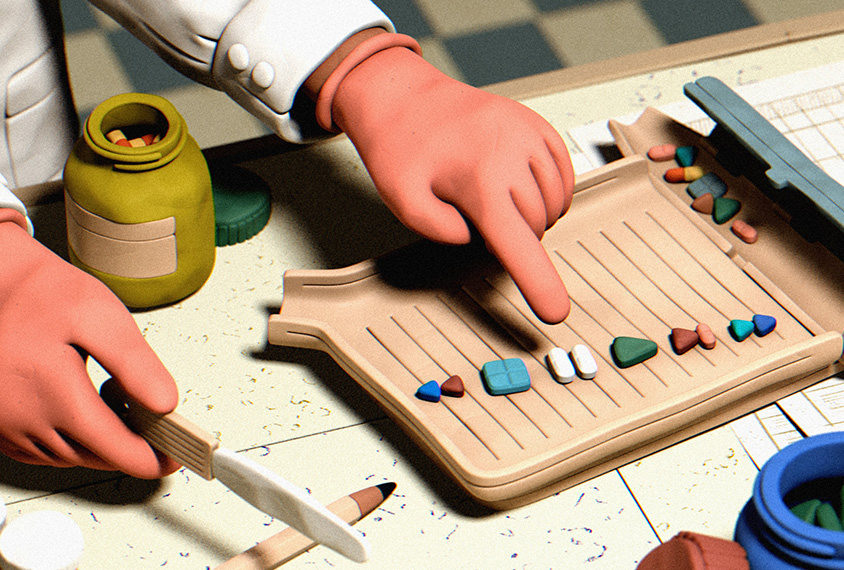
Forging a path for vasopressin drugs for autism: Q&A with Suma Jacob
After the vasopressin antagonist balovaptan flopped in a late-stage clinical trial, Suma Jacob and her colleagues took stock of all the factors that might have complicated the results.
Hormone level in infants may predict autism diagnosis
Infants with low levels of the hormone vasopressin in their cerebrospinal fluid may be more likely to later be diagnosed with autism.
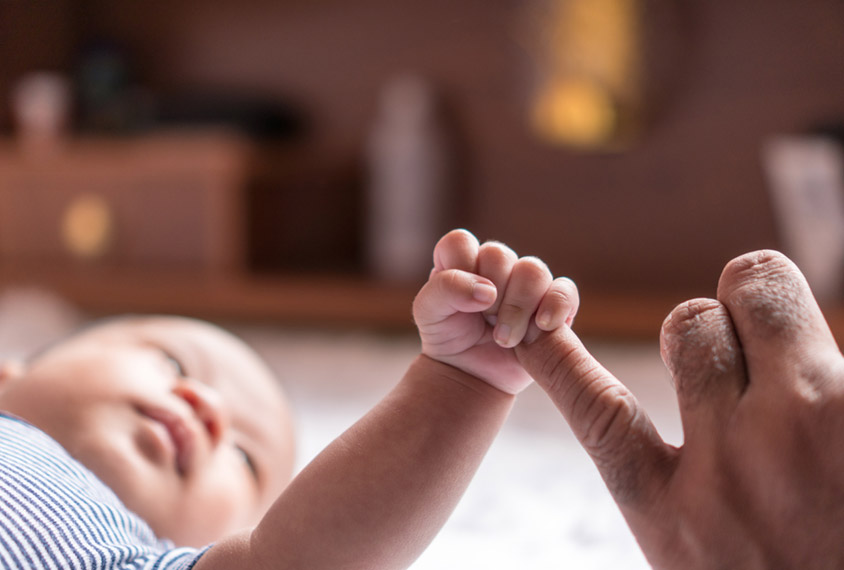
Hormone level in infants may predict autism diagnosis
Infants with low levels of the hormone vasopressin in their cerebrospinal fluid may be more likely to later be diagnosed with autism.
How the social hormone vasopressin might help autistic people
A drug that mimics the hormone vasopressin improves social skills in autistic people — but so does one that blocks vasopressin’s effects. How can seemingly opposing manipulations produce similar results?
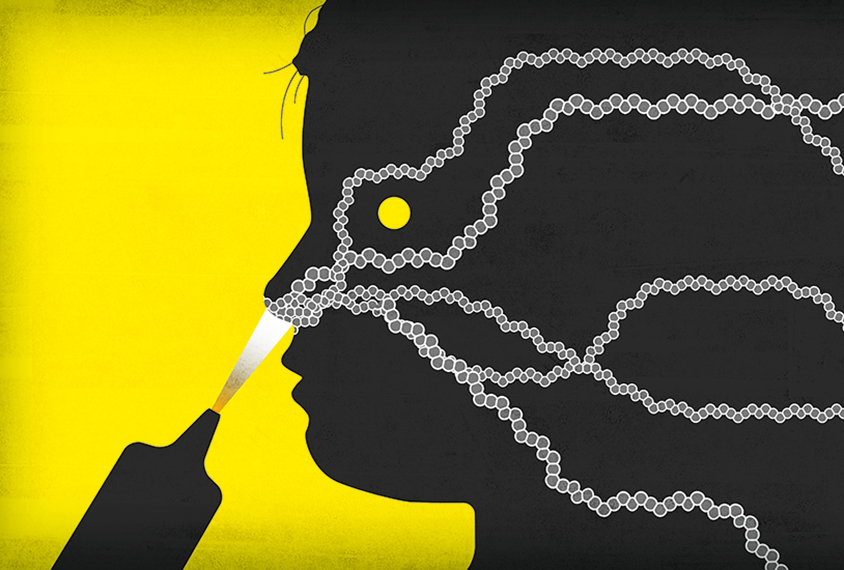
How the social hormone vasopressin might help autistic people
A drug that mimics the hormone vasopressin improves social skills in autistic people — but so does one that blocks vasopressin’s effects. How can seemingly opposing manipulations produce similar results?
Ready or not, two drugs for autism edge closer to clinic
Two drugs that alter the activity of the hormone vasopressin seem to improve social communication in autistic people, but some experts question the findings.
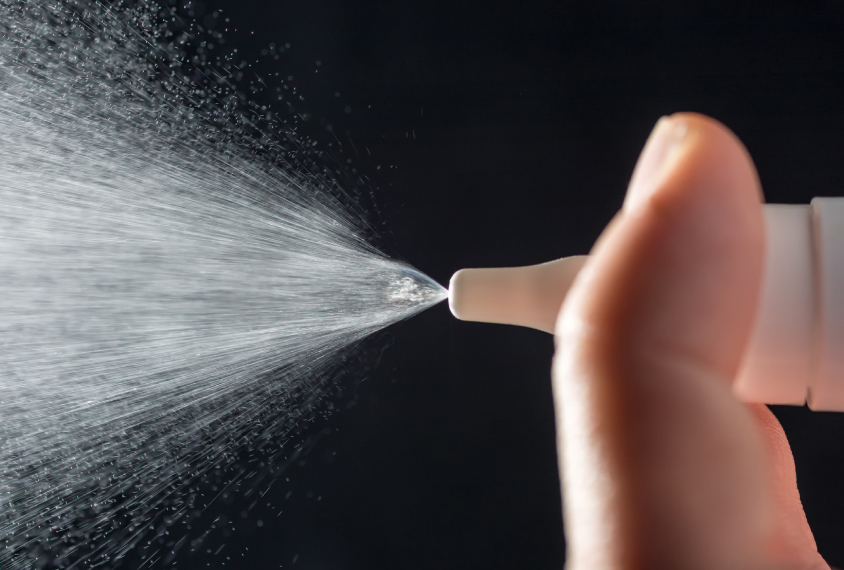
Ready or not, two drugs for autism edge closer to clinic
Two drugs that alter the activity of the hormone vasopressin seem to improve social communication in autistic people, but some experts question the findings.
Low brain hormone levels may be reliable marker of autism
Children with autism tend to have low levels of the hormone vasopressin in their brain, according to the largest study yet to look at the levels.
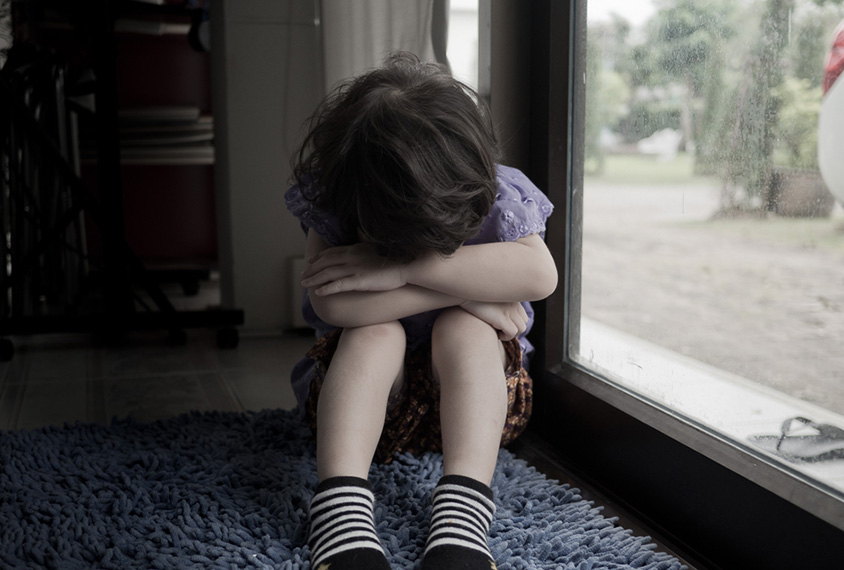
Low brain hormone levels may be reliable marker of autism
Children with autism tend to have low levels of the hormone vasopressin in their brain, according to the largest study yet to look at the levels.
Oversold diets; big brains explained; tracking CRISPR and more
Benefits of diets for autism features remain unproven, variants of the same DNA region make brains big or small, and STAT announces a new CRISPR tracker.
Oversold diets; big brains explained; tracking CRISPR and more
Benefits of diets for autism features remain unproven, variants of the same DNA region make brains big or small, and STAT announces a new CRISPR tracker.
Monkey study bolsters case for brain hormone’s role in autism
Male monkeys that avoid touching, grooming or playing with others have low brain levels of the hormone vasopressin.
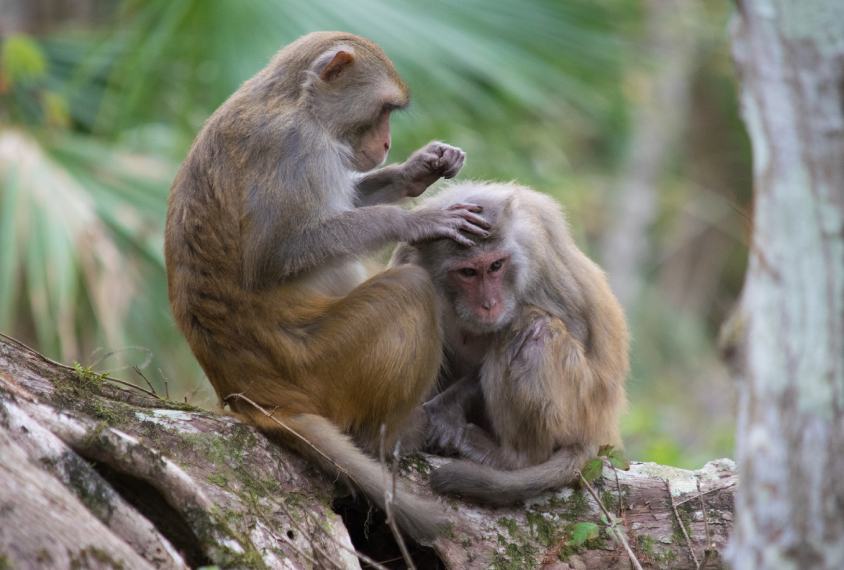
Monkey study bolsters case for brain hormone’s role in autism
Male monkeys that avoid touching, grooming or playing with others have low brain levels of the hormone vasopressin.
Predictive brain waves; spotting liars; pet peeve and more
Brain waves in infancy forecast autism, people with more autism features have trouble detecting lies, and veterinarians battle claims that vaccines cause autism in dogs.
Predictive brain waves; spotting liars; pet peeve and more
Brain waves in infancy forecast autism, people with more autism features have trouble detecting lies, and veterinarians battle claims that vaccines cause autism in dogs.
Explore more from The Transmitter
Dendrites help neuroscientists see the forest for the trees
Dendritic arbors provide just the right scale to study how individual neurons reciprocally interact with their broader circuitry—and are our best bet to bridge cellular and systems neuroscience.

Dendrites help neuroscientists see the forest for the trees
Dendritic arbors provide just the right scale to study how individual neurons reciprocally interact with their broader circuitry—and are our best bet to bridge cellular and systems neuroscience.
Two primate centers drop ‘primate’ from their name
The Washington and Tulane National Biomedical Research Centers—formerly called National Primate Research Centers—say they made the change to better reflect the breadth of research performed at the centers.

Two primate centers drop ‘primate’ from their name
The Washington and Tulane National Biomedical Research Centers—formerly called National Primate Research Centers—say they made the change to better reflect the breadth of research performed at the centers.
Post-infection immune conflict alters fetal development in some male mice
The immune conflict between dam and fetus could help explain sex differences in neurodevelopmental conditions.

Post-infection immune conflict alters fetal development in some male mice
The immune conflict between dam and fetus could help explain sex differences in neurodevelopmental conditions.